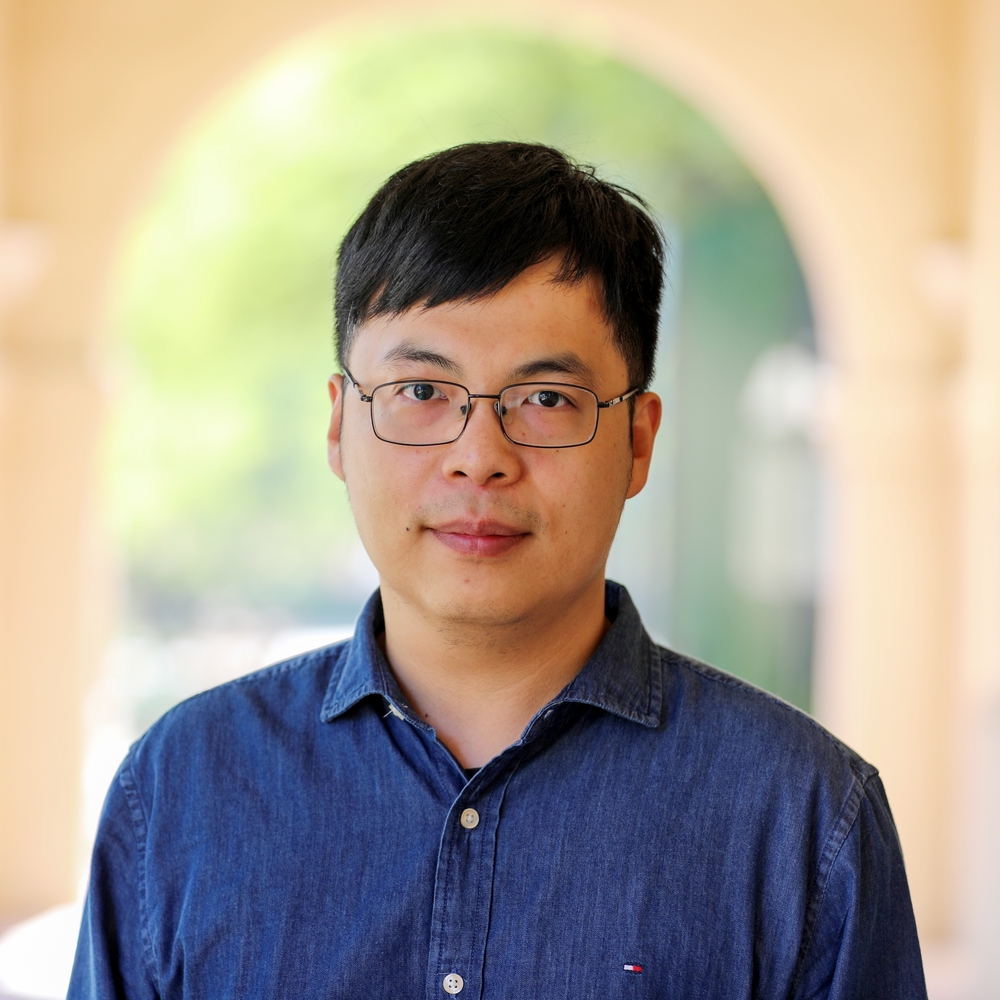Abstract
Quantum correlation between two parties serves as a useful resource in the surging applications of quantum information. The Bell nonlocality and quantum steering have been proposed to describe nonclassical correlations against local-hidden-variable and local-hidden-state theories, respectively. To characterize the two types of nonclassical correlations, various nonlocality and steering inequalities have been established, and the amount of inequality violation serves as a helpful indicator for many entanglement-based tasks. Quantum state tomography has been employed for measuring quantum states, while the method requires intensive computation and does not directly verify either nonlocality or steering over the full domain independent of established theories. Here, we experimentally map the full-domain correlation with bipartite states for nonlocality and quantum steering in Clauser-Horne-Shimony-Holt scenarios. The measurement of the maps automatically accounts for detection imperfections. Furthermore, we demonstrate the application of the correlation maps in the entanglement-based quantum key distribution protocol with arbitrary bipartite states. The correlation maps show direct measurements and simple interpretations that can answer fundamental questions about nonlocality and quantum steering as well as contribute to quantum information applications in a straightforward manner.
Publication
Physical Review Applied, vol. 19, no. 034049, pp. 1-16

Assistant Professor of ECEE and BME
I am an Assistant Professor of Electrical, Computer & Energy Engineering (ECEE) and Biomedical Engineering (BME) at the University of Colorado Boulder (CU Boulder). My long-term research goal is to pioneer optical imaging technologies that surpass current limits in speed, accuracy, and accessibility, advancing translational research. With a foundation in electrical engineering, particularly in biomedical imaging and optics, my PhD work at the University of Notre Dame focused on advancing multiphoton fluorescence lifetime imaging microscopy and super-resolution microscopy, significantly reducing image generation time and cost. I developed an analog signal processing method that enables real-time streaming of fluorescence intensity and lifetime data, and created the first Poisson-Gaussian denoising dataset to benchmark image denoising algorithms for high-quality, real-time applications in biomedical research. As a postdoc at the California Institute of Technology (Caltech), my research expanded to include pioneering photoacoustic imaging techniques, enabling noninvasive and rapid imaging of hemodynamics in humans. In the realm of quantum imaging, I developed innovative techniques utilizing spatial and polarization entangled photon pairs, overcoming challenges such as poor signal-to-noise ratios and low resolvable pixel counts. Additionally, I advanced ultrafast imaging methods for visualizing passive current flows in myelinated axons and electromagnetic pulses in dielectrics. My research is currently funded by the National Institutes of Health (NIH) K99/R00 Pathway to Independence Award.